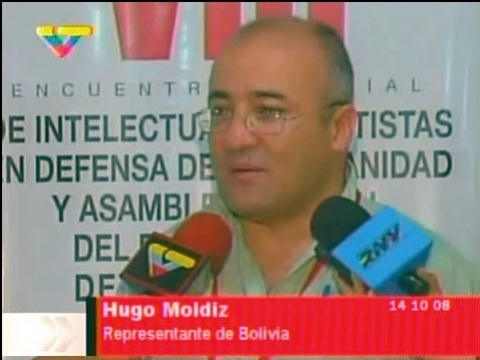environment

Floods in Mozambique have worsened.
By Bobby Peek
Green Party USA: Economic/ecological crises of the 21st century -- A deep green alternative

Document of the Greens/Green Party USA, submitted to Links International Journal of So
Ration consumption or ration production?

Review by Don Fitz

Election broadsheet of the Socialist Alliance, Australia
May 1, 2013 -- Links International Journal of Socialist Renewal -- Bring the mining industry, the big banks and the energy companies under public/community ownership and control, so that they can be run in a way that respects Aboriginal rights, the environment and social justice. The urgent need to address climate change alone demands that these industries be immediately taken out of the hands of the billionaires and their global corporations and operated as not-for-profit public services under the democratic control of the majority.
From Greece to Australia, the whole world has witnessed the moral bankruptcy of capitalism as it has destroyed the lives of billions of people through the wholesale privatisation of our collective wealth and socialisation of their losses.
We cannot afford to leave our future to the likes of Australian mining billionaires Gina Rinehart and Clive Palmer, and the faceless bankers. If we do so, we won’t have a future worth leaving to future generations.
‘There are no recipes for socialism’: interview with Hugo Moldiz, Bolivian Marxist

Hugo Moldiz interviewed by Coral Wynter and Jim McIlroy
Mauritius: Flash flood hits Lalit de Klas’s offices and archives

By Lindsay Collen
Declaration of the Social Movements Assembly of the World Social Forum, Tunisia 2013

By the Social Movements Assembly of the World Social Forum, Tunisia, 2013
March 29, 2013 -- We are gathered here to affirm the fundamental contribution of peoples of Maghreb-Mashrek (from North Africa to the Middle East), in the construction of human civilisation. We affirm that decolonisation for oppressed peoples remains for us, the social movements of the world, a challenge of the greatest importance.
Through the WSF process, the Social Movements Assembly is the place where we come together through our diversity, in order to forge common struggles and a collective agenda to fight against capitalism, patriarchy, racism and all forms of discrimination and oppression. We have built a common history of work which led to some progress, particularly in Latin America, where we have been able to intervene in neoliberal alliances and to create several alternatives for just development that truly honors nature.
Senior Chinese communist: `Industrial civilisation is unsustainable'

A group of volunteers wave green handkerchiefs as they ride their bicycles in Beijing on November
Reducing production: How should socialists relate to struggles against capitalist growth

By Don Fitz
March 19, 2013 -- Links International Journal of Socialist Renewal -- The question is not should we advocate reducing production within capitalist society but rather: How do we best relate to those struggles that are already occurring? Activists across the globe are challenging the uncontrollable dynamic of economic expansion which threatens the survival of humanity. It has never been more urgent to provide a vision of a new society that can pull these efforts together.
